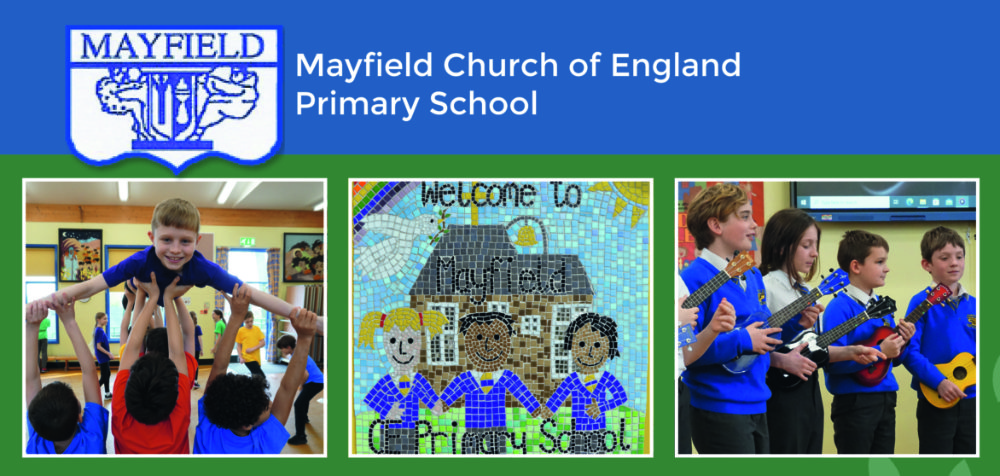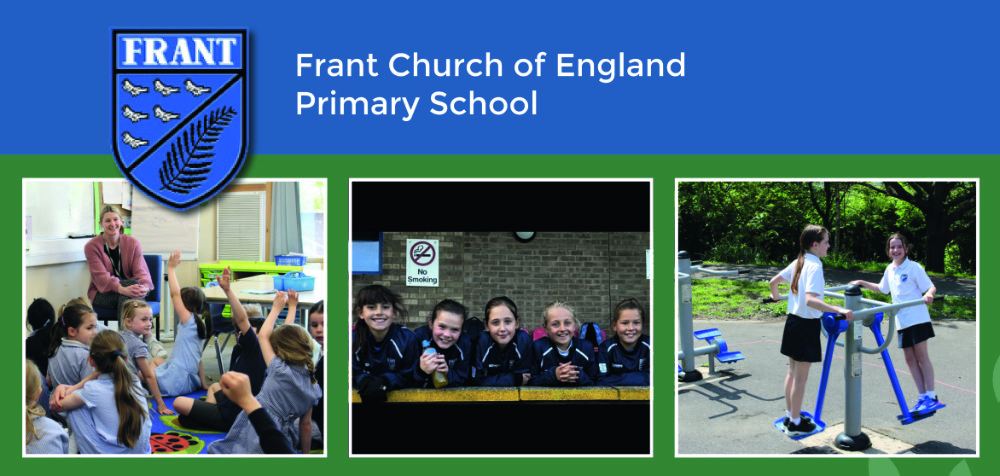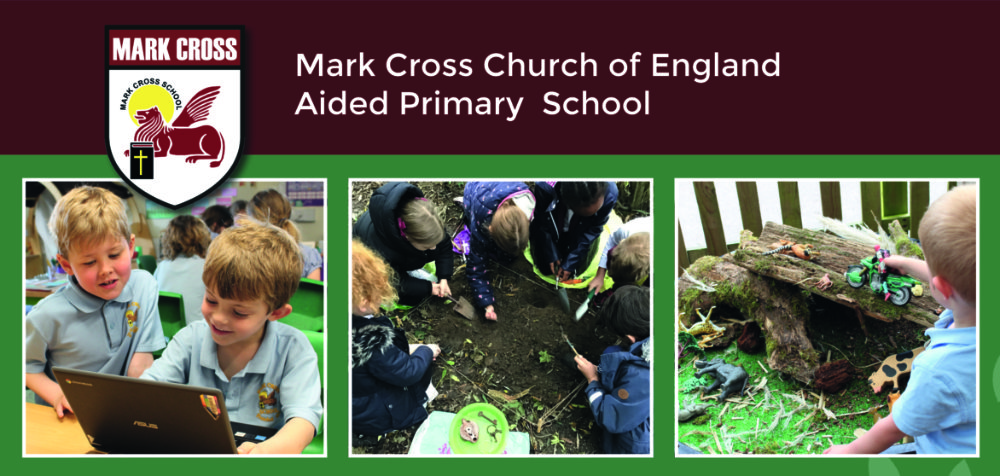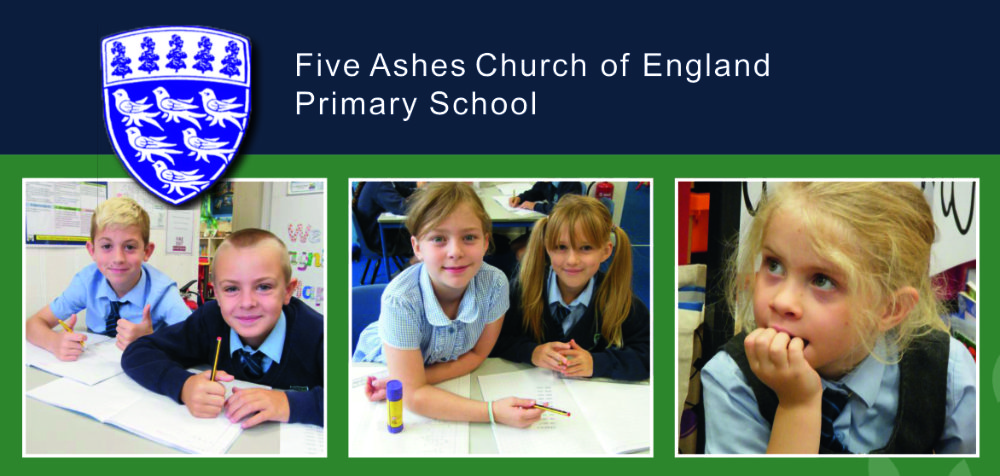The Weald Federation comprises of four Church of England village primary schools, Frant, Mark Cross, Mayfield and Five Ashes. We are committed to providing the best possible education and environment, guided by a strong ethos and values, and striving for the best possible outcomes for every child. Our long-standing Federation and experienced and enthusiastic leaders provide a stable foundation from which our schools, each of which have a distinct character, draw strength.
This website contains information about The Weald Federation, our governance and any shared policies and procedures.
To find out more about each individual school, please click on the links above.









